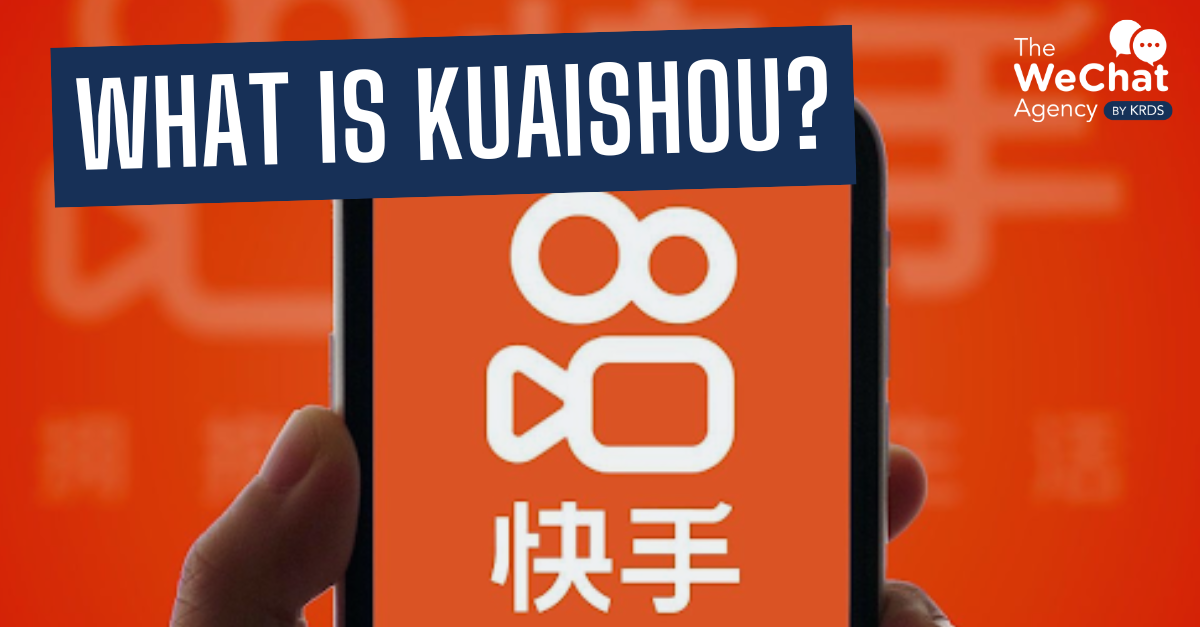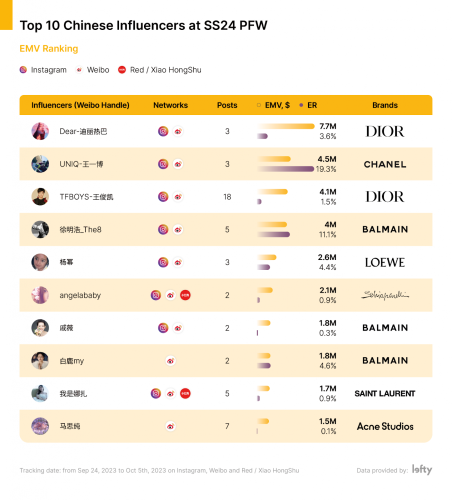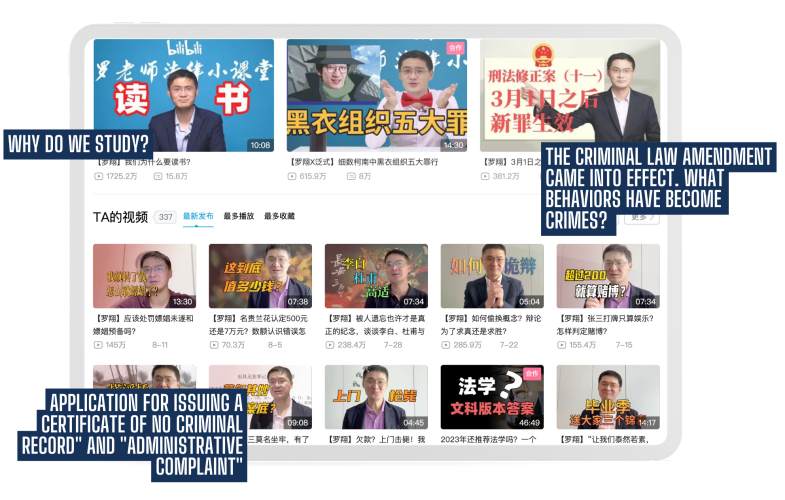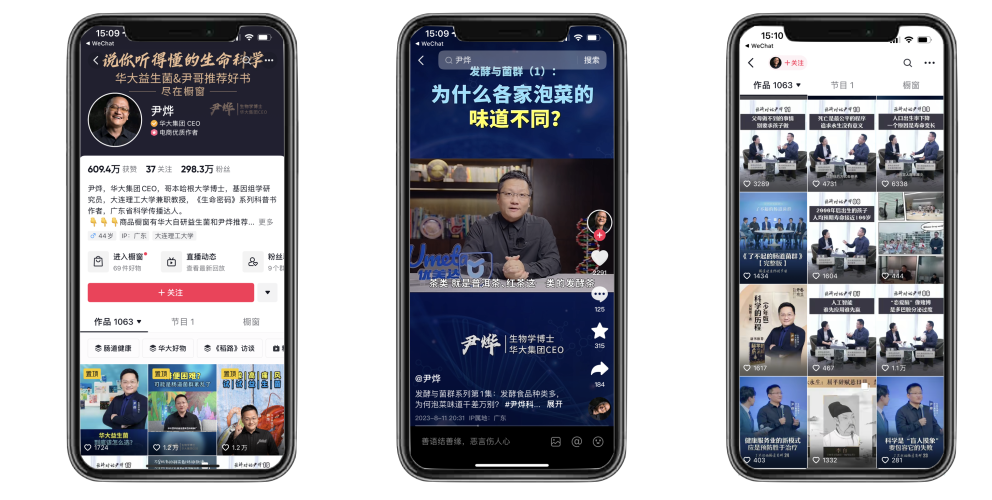1.Knowledge is power: 2023’s lessons from Douyin
-
Douyin, TikTok’s sister app in China, released a list of ‘hot words’ from their Douyin Knowledge community.
-
Douyin Knowledge is a community dedicated to educational and popular science content. This year, they compiled a list of 15 keywords that were most frequently asked, explained, and discussed on Douyin.
-
Some of these words are very science or sector-specific, while others have a wider appeal to people’s interests. The topics suggest that people want to learn more about these ideas.
-
City marketing and city-based marketing, ChatGPT and AI, Self-driving cars, Mixed reality, Co-brandings, Self-love…
-
Link: https://daoinsights.com/
2.China’s new beauty trend: Body care ‘Skinification’
-
Chinese consumers are no longer focusing just on facial skincare, but grooming themselves from head to toe. Body skincare has become a symbol of self-love for sophisticated young Chinese consumers.
-
From May 2022 to April 2023, the sales of body care products on Tmall and Taobao exceeded 7.2 billion (52 billion RMB). On lifestyle platform Xiaohongshu, searches for “body care” (身体护理) increased by 750 percent year on year in March this year.
-
Visible skin improvements are the priority. However, homegrown consumers also seek mental and physical wellness from their body care routines.
-
As a result, local C-beauty brands are upgrading their products’ functional and emotional value.
Link: https://jingdaily.com/posts/
3.China’s Gen Z ‘city walk’ phenomenon is good for brands
-
Fanhua, a TV series in China mainly discusses how the billionaire started his business career in Shanghai in the 80s.
-
Montagut’s brand was mentioned as the top clothing brand and regarded as a symbol of Wealth and Power.
Link:
https://www.douyin.com/video/
https://www.163.com/dy/
4.The 2024 China core trend forecast
-
From the proliferation of K-pop to the internet culture leading the Y2K revival, Chinese consumers have taken a cue from global trends, as well as adding their own takes via the contribution of New Chinese style, or cartoon-influenced Kidulthood looks.
-
ABGhashtag in China has surged since 2020, amassing over 9.8 million posts on Xiaohongshu, and as Chinese international travel resumes, and with the rise of globalized and multicultural cultures via social media and in real life, the ABG trend can only continue to evolve in 2024. It will continue to see relevance given its association with women’s independence, worldliness and freedom of self-expression in the nation.
-
Kidulthood cartoon style (#元气卡通风), kidulthood as a continued means of escapism and form of respite, amid these uncertain times in China and the world.
-
Old money: 2023 saw the global return of old money style across, predict a continuation of the trend in both fast fashion and luxury
-
Yk2 China has come up with its own spin on the aughts, greater mixing and matching between retro and futuristic elements, consumers who channel Y2K in China seek respite from modern day life, needing moments of escapism via edgy, fun fashions.
Link: https://jingdaily.com/posts/
5.Red 2023 conclusion calendar
-
The Red summarizes the keywords and notes page views of each month in 2023, and tells users the key words of each month’s browsing through the form of a calendar
-
I suggest that GB use this format to preview some of the key events of 2024 to give users a comprehensive overview of the New Year’s plan
Link:
https://mp.weixin.qq.com/s/
6.Douyin reported a 256% increase in gross merchandise volume (GMV) for local life services last year:
-
attributing the surge to its robust efforts in the local lifestyle sector, Douyin now hosts over 4.5 million offline merchants, encompassing restaurants and lifestyle activity providers, spanning across more than 370 Chinese cities.
-
This information was disclosed by Douyin on its official WeChat account on Wednesday.
-
Additionally, in 2023, transaction volume completed during livestreamings witnessed a remarkable 570% growth from the previous year
-
total sales generated from short videos saw an 83% increase compared to the prior year.







